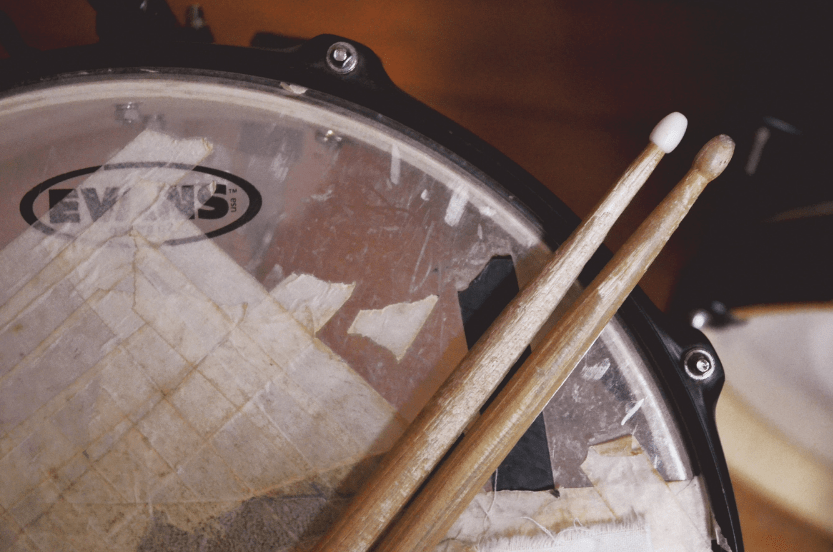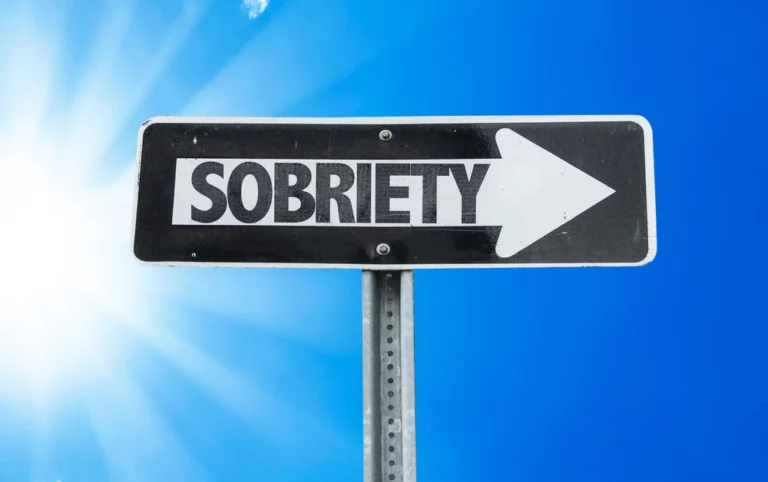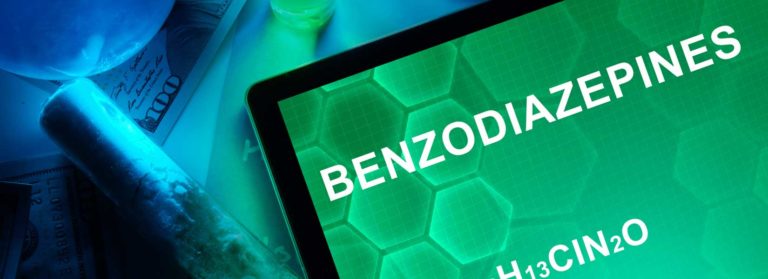In the United States, opioid addiction is a growing epidemic. The U.S. Department of Health and Human Services estimates that 1.27 million Americans are currently receiving medication-assisted professional treatment for opioid addiction. Music therapy is a new frontier for addiction treatment that has been shown to help patients recover from drug addiction, chronic pain, mental disorders, and other illnesses. Music therapy has been proven to reduce pain and anxiety in people with chronic illnesses substantially. It also boosts the immune system and improves mood.
What is Music Therapy and How Does it Help?
Music therapy is characterized by the use of music to enhance cognitive functioning and emotional well-being. Additionally, music therapy can also be used as an adjunct to other kinds of addiction treatments, such as cognitive-behavioral therapy (CBT) and behavioral therapies. Music therapy has been used in addiction recovery for several years in family-based rehabilitation centers, adolescent inpatient facilities, and residential treatment centers.
Music Therapy for Treating Opioid Addiction
This treatment is often used for patients with chronic illnesses such as cancer or diabetes, but it can also help people who suffer from opioid addiction. Music therapy can be conducted one-on-one or during a group session that lasts anywhere from thirty minutes to an hour long.
The music therapist guides the client through sessions by utilizing a variety of instruments played to soothe and reinforce healthy coping skills. The goal of music therapy is to help the patient safely express suppressed emotions without being judged and finding a healthy outlet through which to vent their frustrations and stress.
How Music Therapy Works
This treatment benefits people who are addicted to opioids in many ways. Music therapy may help reduce cravings for drugs and alcohol because it triggers the release of dopamine which is naturally released when taking addictive substances.
Music therapy can allow people with opioid addiction a method to express their thoughts and emotions through singing or playing an instrument. This process is guided by a music therapist who will support the patient by trying new ways to express themselves and release their emotions through singing or playing an instrument.
Research on Music Therapy
Opioid addiction changes the pathways of the brain. Long term use of opioids can cause widespread disruption within the brain and body’s chemical processes leading to:
- Anxiety
- Depression
- Difficulty concentrating
- Drug cravings
- Fatigue
- Inability to feel pleasure
- Insomnia
- Suicidal thoughts
Music therapy relies on the therapeutic effects of music on human emotions, moods, and behavior. Studies have shown that it can be an effective treatment for addiction in general, but especially opioid addiction.
Research conducted on this treatment has found that music therapy can reduce cravings, elevate moods, and give individuals a sense of control over their recovery process. One study found that opioid-addicted patients who participated in group sessions that involved drumming had reduced cravings and anxiety levels compared to those who did not participate in the drumming sessions.
Asheville Recovery Center Can Help
Music therapy is a non-invasive and effective professional treatment for those suffering from opioid addiction. It can reduce the anxiety felt by the patient while they are undergoing treatment, which may lead to improved sleep patterns or better moods overall. When utilized as a complementary treatment, music therapy is a valuable alternative to treat opioid addiction.
It is important to seek help immediately if you or a loved one is struggling with opioid addiction. At Asheville Recovery Center, treatment specialists have developed a unique, hybrid model of treatment which combines a traditional 12-step program with holistic rehabilitation.
A multitude of services, programs, and therapies are offered, including the Partial Hospitalization Program, Residential-style treatment, outpatient rehabilitation, and more. The founders of Asheville Recovery Center, as well as many of our addiction therapists, have struggled with addiction and now enjoy life in recovery. They understand the struggles of addiction and how difficult it is to overcome alone.
If you feel that you or a loved one is struggling with opioid addiction, our specialists are on standby and ready to help. Call (828)202-8627 and speak with an addiction expert today so you can take the first step towards a rewarding life of sobriety.









